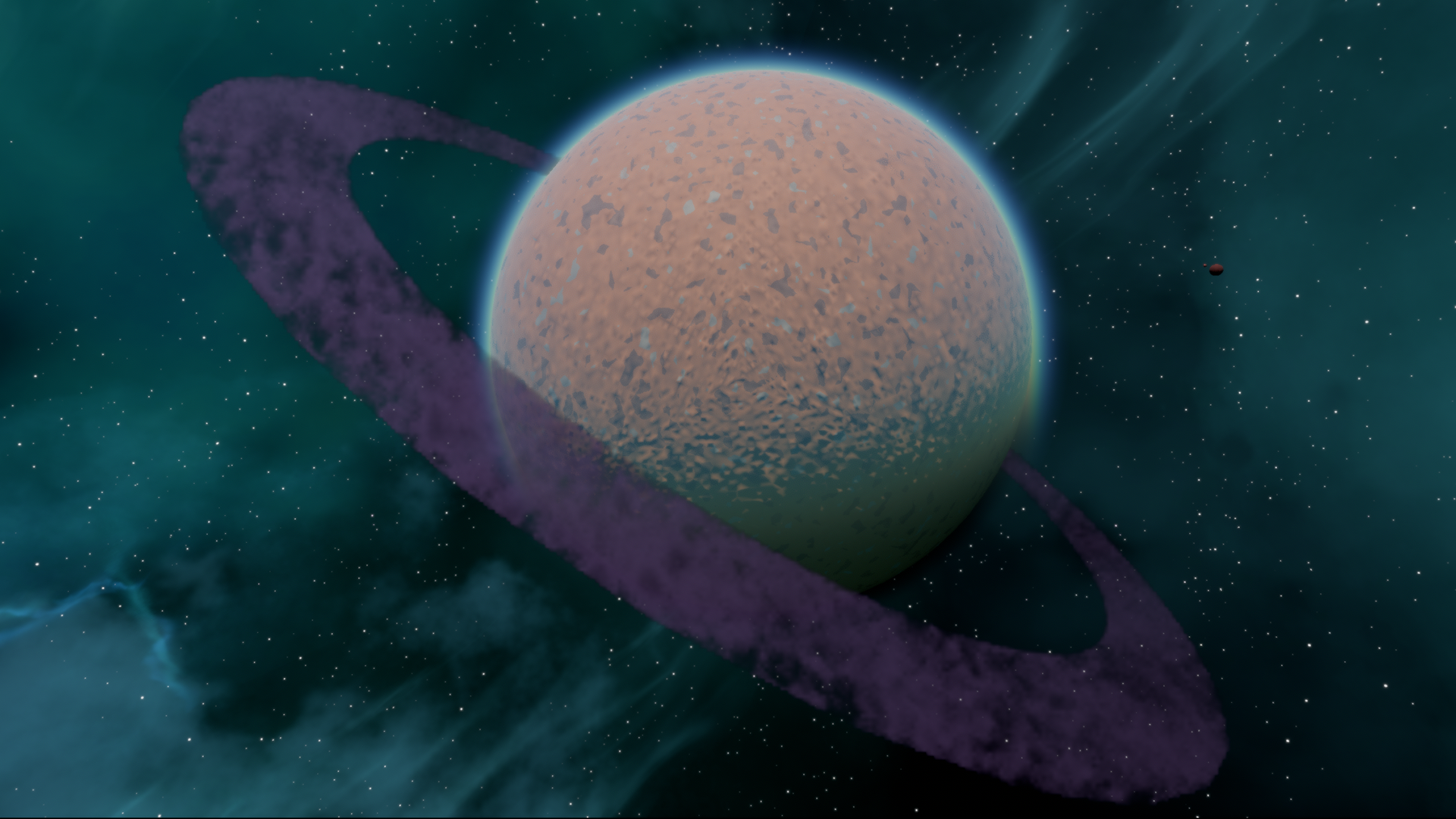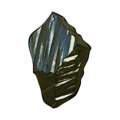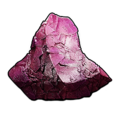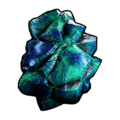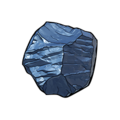Difference between revisions of "Nehalennia"
| Line 9: | Line 9: | ||
}} | }} | ||
{{SB Infobox Celestial Body General Information | {{SB Infobox Celestial Body General Information | ||
|pronunciation={{IPAc-en|n| | |pronunciation={{IPAc-en|n|eɪ|.|h|a:|.|ˈ|l|ɛ|n|.|n|i|.|ə}} | ||
|languageOrigin=[[wikipedia:Classical_Latin|Classical Latin]] | |languageOrigin=[[wikipedia:Classical_Latin|Classical Latin]] | ||
|ipaKey=[[wikipedia:Latin_pronunciation|key]] | |ipaKey=[[wikipedia:Latin_pronunciation|key]] | ||
Revision as of 05:03, 1 July 2024
(Classical Latin) - IPA(key)
Nehalennia (/ˈnɛ.hɑː.lɛn.ni.ɑː/) is a large moon with a faded orange surface, which is set with gentle hills and wide open plains. Its atmosphere is quite thick and its largest composite gas is surtrite. Throughout the day, the sky shifts through dusty blues and yellows, fading to orange at dusk. It has an unusually thin purple asteroid belt with relatively sparse minerals, which is visible from the surface throughout the day.
Nomenclature
From Classical Latin, Nehalennia is a goddess of unclear origin, perhaps Germanic or Celtic, who was attributed power over trading, shipping, and possible horticulture and fertility. She is attested on and depicted upon numerous votive altars discovered around what is now the province of Zeeland, the Netherlands, where the Schelde River flowed into the North Sea. In sculptures and reliefs, she is depicted as a young woman, generally seated. Typically she wears a short cloak over her shoulders and chest. Often she is accompanied by a dog; she has as attributes a basket of apples or bread loaves and ship parts.
